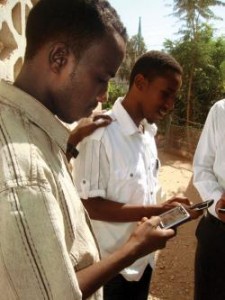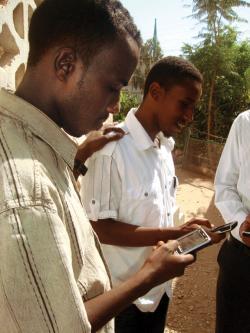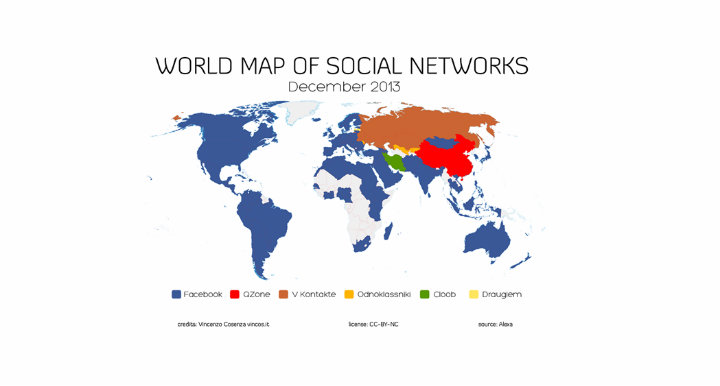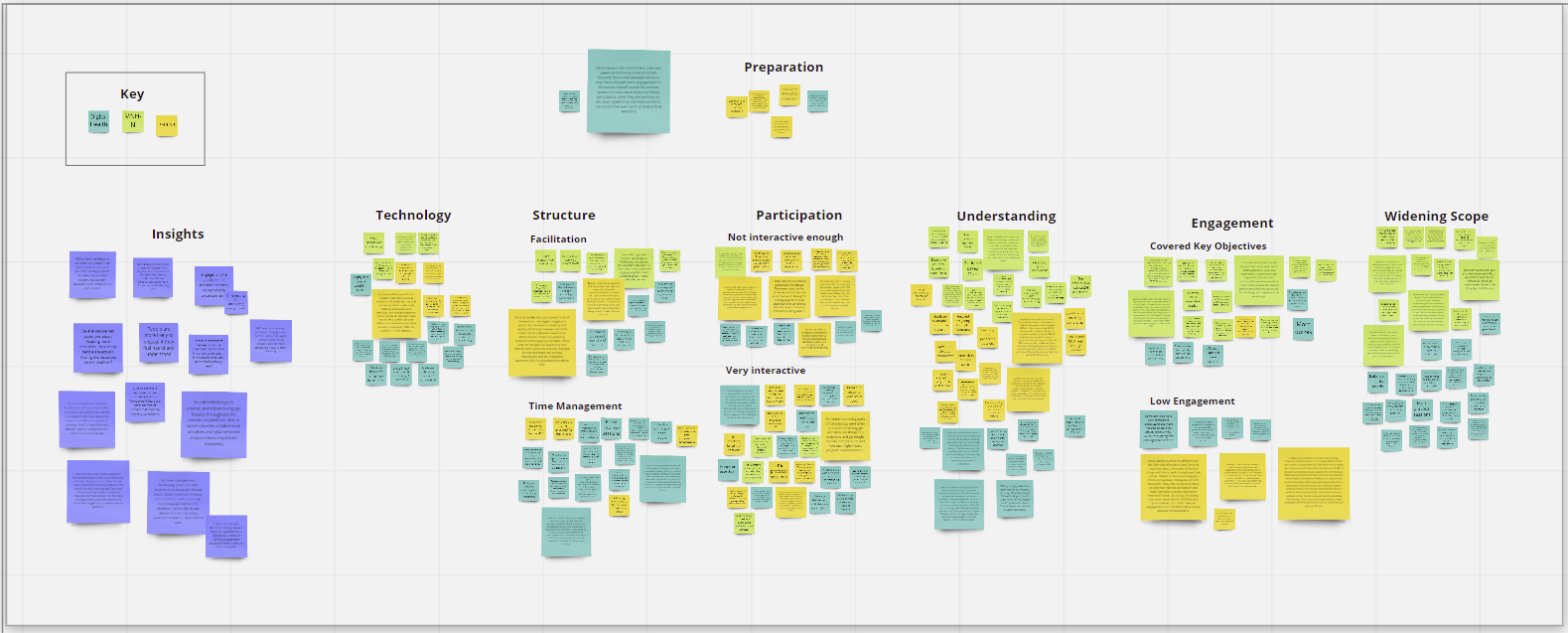 The revolutions sweeping the Middle East and North Africa have captured the collective attention of the world, and with good reason: the images of millions mobilized in Cairo, the thousands protesting under threat of gunfire in Syria and Bahrain, and the successful ousting of long-entrenched despots are mesmerizing and inspiring. The stories unfolding in the Middle East on personal and popular scales appeal to basic senses of justice and dignity. Who isn’t rooting for the underdog?
The revolutions sweeping the Middle East and North Africa have captured the collective attention of the world, and with good reason: the images of millions mobilized in Cairo, the thousands protesting under threat of gunfire in Syria and Bahrain, and the successful ousting of long-entrenched despots are mesmerizing and inspiring. The stories unfolding in the Middle East on personal and popular scales appeal to basic senses of justice and dignity. Who isn’t rooting for the underdog?
Faster than Ben Ali on an outbound airplane, though, was the media’s attempt to insert a buzzword to take credit. Thus the Arab Spring and the Jasmine Revolution became part of the vast empire of Facebook and the Twitterverse. Bouaziz lit himself on fire and sacrificed his life, but it seems social networking was the real catalyst for the awakening.
Websites like Facebook, Twitter and YouTube undoubtedly made their contribution—in heavily censored Syria, the grainy videos of protests being posted online provide some of the only images of the struggle there. Using a medium of communication familiar in the Western world may intrigue Americans and Europeans into paying attention to what is going on. But anyone who envisions millions of Egyptians marking themselves as “attending” the January 25 event simply isn’t crunching the numbers.
In the countries experiencing political upheaval ( like Egypt, Syria, and Tunisia) internet penetration rates are topping out at around 35%. Even Egypt, home of the most televised and tweeted revolution, can only boast about a quarter of its population having internet access, and only about 9% of Egyptians self-report having a Facebook profile.
But what’s the harm? Social networking sites certainly played a role in spurring these revolutions, so much so that several governments resorted to limiting access to sites, or shutting down the internet altogether. Other than not giving credit where credit is due, namely to the millions of demonstrators without Facebook who accepted considerable risk to their safety, where is the problem?
One problem lies in how we react to these buzzwords. Jumping on a trend means that considerable time, attention, and funding can suddenly be deposited into an idea that isn’t necessarily the most efficacious. If an aid organization wants to communicate with the greatest number of people in Tunisia, for example, how should they do it?
92% of Tunisians have a mobile phone, whereas only 33% have access to the Internet. In fact, mobile phones regularly appear as the most predominant and most rapidly expanding form of communication in emerging economies throughout the world. And while smartphones like the iPhone may be another hot topic, they are out of the economic reach of most, and rely on infrastructure that many nations do not yet possess or is in its infancy. In fact, predicted worldwide smartphone rates will “explode” to 37% by 2014, while the global penetration rate of simple mobile handsets already stands at over 70%.
All of this speaks to the general need to develop mobile services that work with the actual level of technology use within a community, rather than imposing top-down solutions that are detached from the realities on the ground. The simple mobile handset, though probably unglamorous, has the potential to connect unemployed youth to jobs, to alert disaster-hit communities of the need for blood donors, and to create business information networks for women in gender-sensitive cultures. Cheap SMS services can power much of this, but audio-based technology can reach the illiterate and the visually-impaired as well.
The internet didn’t create the Arab Spring, and neither did mobile phones. The creative use of technology is, however, something that citizens around the world can leverage to re-shape their communities and effect long-lasting change. As they do, the global community should follow their lead when offering assistance, bearing out a partnership that is collaborative, effective, and honors the achievements and realities of the populace.
Statistics taken from US Government sources and Facebook
Bieta Andemariam is a guest contributor from Souktel




